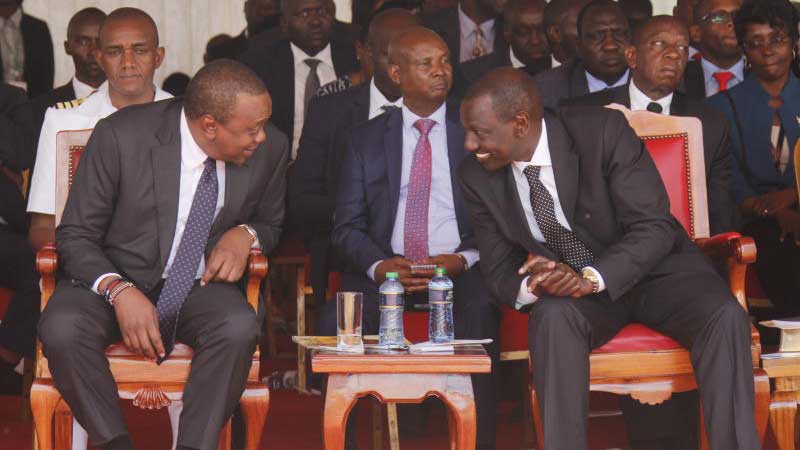×
The Standard e-Paper
Stay Informed, Even Offline

In the last three months, the country has witnessed a renewed and determined war against corruption. The zeal displayed by officials from the DCI, the NIS, the ODPP and belatedly, the EACC, has sent signal that the corrupt will have nowhere to hide.
Of course, there are reservations about how the arrests of the suspects have been carried out with some dismissing it as melodrama. Many Kenyans will agree that the end justifies the means.